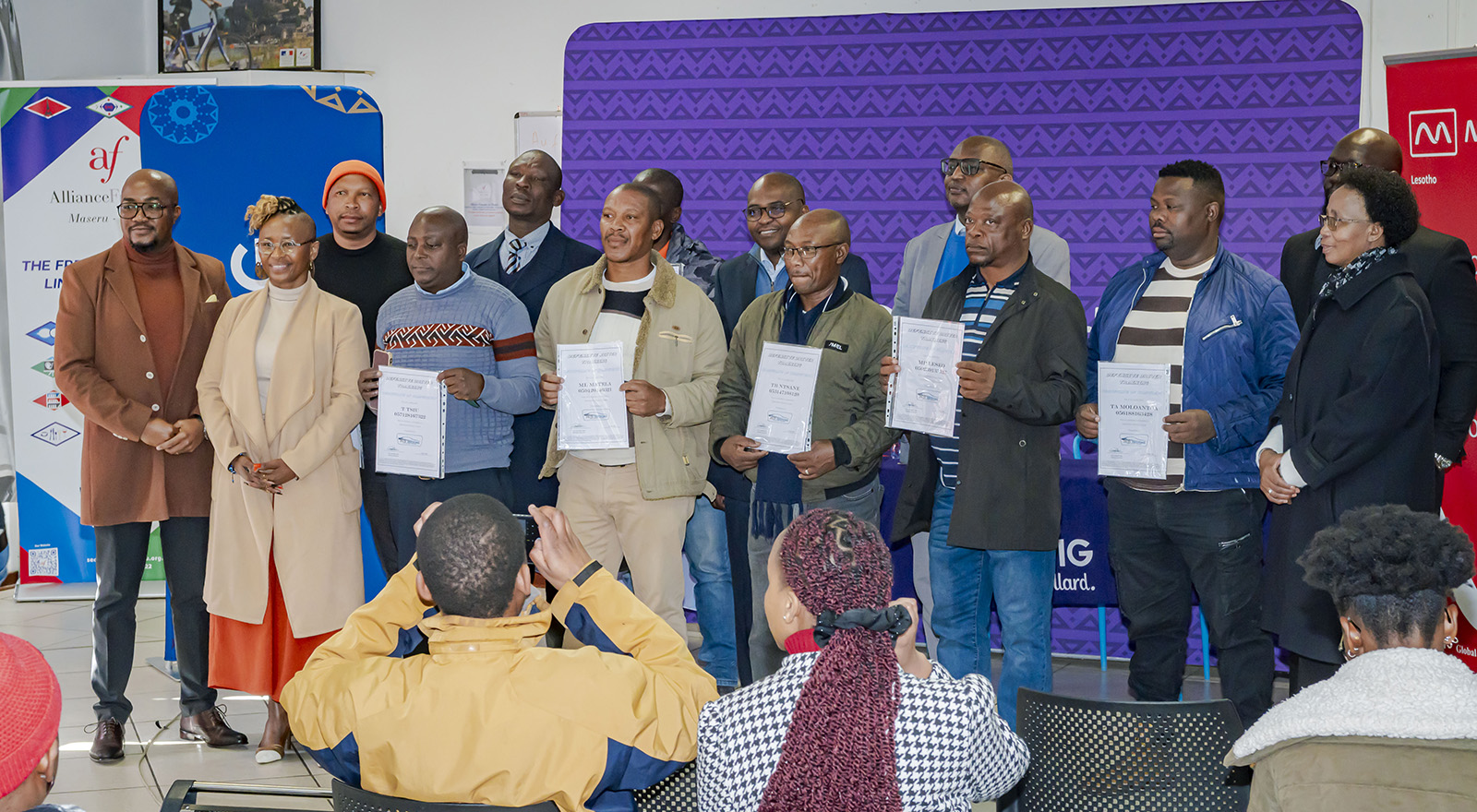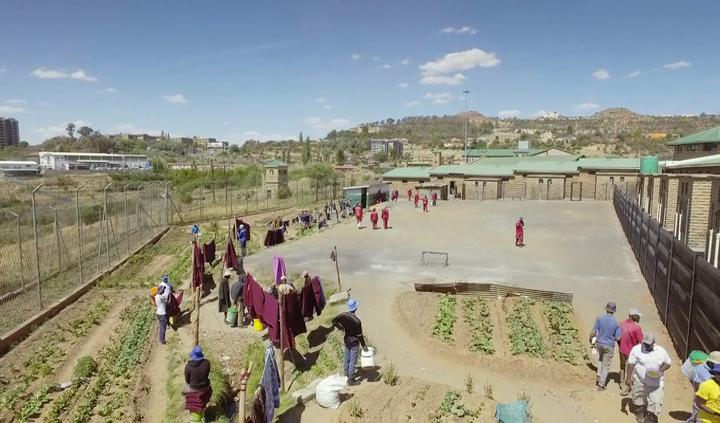Lesotho urged to diversify exports

SHARE THIS PAGE!
Neo Kolane
Lesotho’s clothing and textile industry which has been in a free fall for some time, continues to crumble as more and more workers lose jobs when factories close down.
By May a massive 10 000 workers had lost their jobs in the ailing sector since the beginning of the year, with more expected to be sent home packing in the near future.
The sector, which is the second largest employer after the government, continues to perform poorly largely owing to declining orders from the United States, the major importer of Lesotho’s apparel.
Devastating effects of the Covid-19 are also still being felt as desperate local firms close shop or lay off employees for months on end hoping that the industry will gradually pick up.
Six hundred workers were last week sent home by Textile Ltd (PTY), while it is rumoured that Global Garment Textile Ltd (PTY) will lay off an undisclosed number of employees on October 2.
Commenting on the job losses, the deputy secretary general of Independent Democratic Union of Lesotho (IDUL), May Rathakane, said there was a problem in the clothing and textile sector.
Rathakane urged the government to help the factories find alternative markets.
He indicated that as unions they were still hopeful that things will go back to normal.
“We believe that foreign buyers will place orders. There’s still time before the end of the year,” Rathakane said, adding that employers were cutting down on staff because they cannot pay workers for months without working.
National University of Lesotho economist, Ratjomose Machema, said Lesotho’s exports to North America have been losing competitiveness over the years.
Machema noted that the volume and value of local exports have declined while those from other African countries such as Kenya have been increasing.
“It was therefore, expected that some local factories would either close down or let workers go home for some time until business picks up.
“Employment in the sector has been stagnant for a while and many factories reduced the number of working hours for some employees, so it was a matter of time before some factories closed down,” he said.
He added that the stagnation stems as far back as 2010 and if anything was to be done, it should have been much earlier.
Machema further asserted that Lesotho is losing competitiveness to countries like Madagascar, Mauritius, Kenya, Ethiopia and Malaysia because their exports are increasing. This means Lesotho needs to restructure its economy.
“By restructuring, I mean taking advantage of the global value chain. Lesotho should produce its own inputs rather than transporting material from Asia,” he said.
He explained that Kenya’s volume of exports in terms of products to North America was increasing. He said the argument that Asian countries like Bangladesh and Taiwan are closer to North America and therefore incur no transportation costs, is no longer holding since now Kenya is able to compete.
“So, with Lesotho there are internal issues. We are not able to participate in the global value chain because it is foreign-owned. This means profits fall below a certain margin.”
Machema also cautioned that retrenchments in the textile industry would worsen poverty levels in the country.
“Over the years, the main benefit of factories has been employment. Economic diversification is now necessary for sustained economic growth and development,” he said.
In another development, the portfolio committee on the economic and development cluster of parliament this week took an inspection tour of the Ha Tikoe Industrial Area whose completion date has been moved from next month to May 2024.
This is the second time the completion date is being extended since the initial date of January 2022.
Committee member, Montoeli Masoetsa told this publication that the committee also wanted to find out when the factories would be handed over to the government so that it can court investors.
“Even though we want to empower our own indigenous investors, the problem is that they are not able to do quality work,” Masoetsa pointed out.
“This affects and determines if investors will invest in big projects such as factories. However, we need to make decisions that show there is stability, good governance and anti-corruption,” Masoetsa said.
For his part, the general manager of the property development management of the Lesotho National Development Corporation (LNDC), Furaha Rethabile Mdee, said they have built seven factory shells and infrastructure such as water, electricity and roads to support the factories.
Mdee also revealed that they have just finished Phase 3 of the project, which entails water supply for the entire Ha Tikoe area and a waste transfer system to the Water and Sewerage Company dams at Masowe.
“The anticipated completion date is May 2024 but LNDC is hoping that six factory shells will open in December so that investors can come with machinery before production commences.”
During the same tour, the minister of trade, industry, business development and tourism, Mokhethi Shelile, said a few weeks back Prime Minister Ntsokoane Matekane revealed that there were orders already for available factory shells at Ha Tikoe.
Shelile said Lesotho would soon start designing and manufacturing apparel for direct export to the USA, unlike presently when the designing is being done in Taiwan.
“This will be advantageous to Lesotho as we’ll no longer need Taiwan to do it for us. The money we save from this will be for labour and utilities such as water and electricity,” he explained.
According to an October 16, 2021 International Trade Administration report, Lesotho took advantage the African Growth and Opportunity Act (AGOA) to become one of the largest exporters of garments to the United States from Sub-Saharan Africa.
Exports reached about M6 billion in 2020, the report showed, and the report added that the number of workers employed by the sector had plummeted from 43,542 in February 2020 to 30,741 in April 2020 following Covid-19 outbreak. The figure rose to 45,261 in March 2021.
Textile exports into South Africa account for 30 percent of total apparel exports in volume terms, the report noted.


Youth accuse police of sabotaging protest
5 days ago
LCS officers demand standard salaries
5 days ago
Govt ordered to suspend vendors’ eviction
8 days ago

240 inmates released on parole
9 days ago
Matekane calls for stronger trade cooperation
11 days ago


Cash-strapped LEC hikes staff salaries
15 days ago